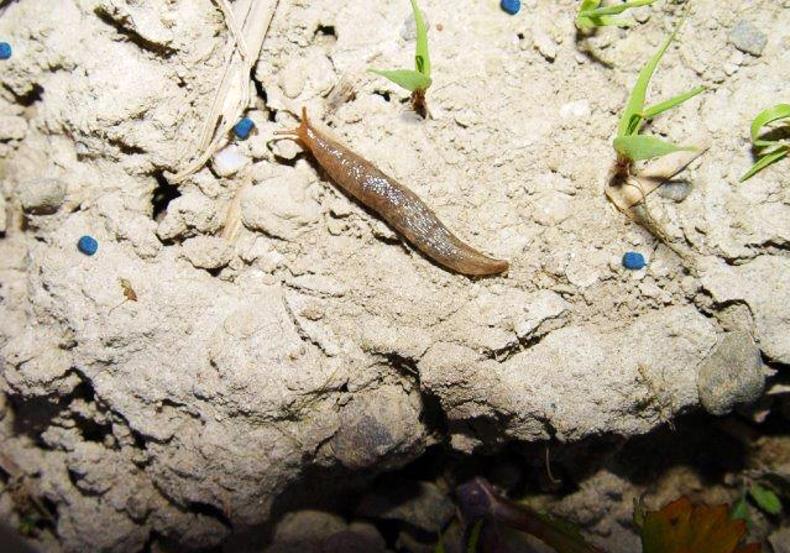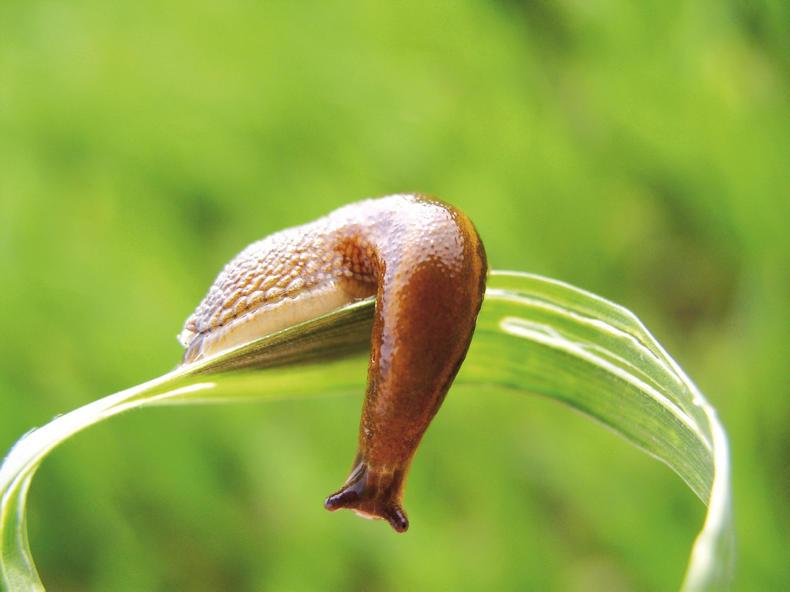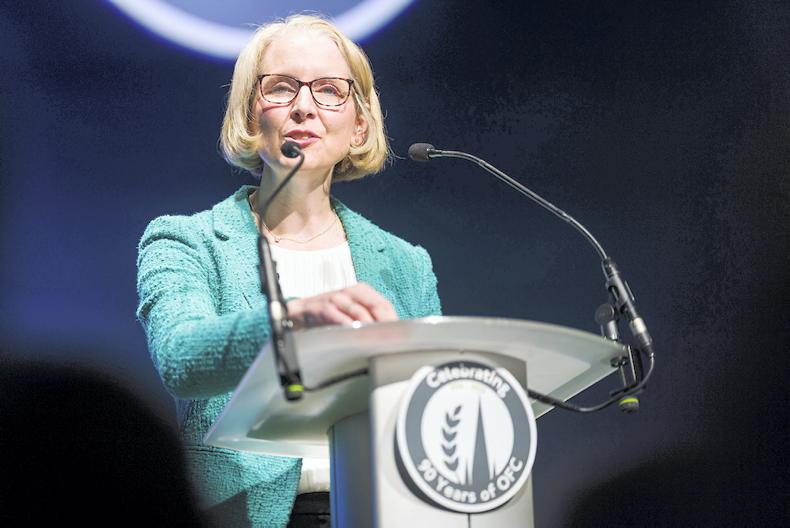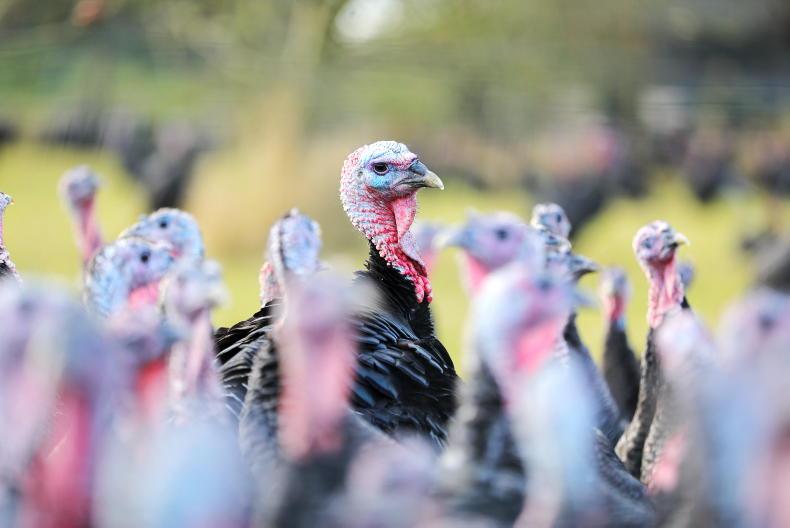Last week, the UK government banned the use of the molluscicide active metaldehyde.
The ban on the outdoor use of metaldehyde, a key pesticide used to control slugs in a variety of crops and in gardens, is set to be introduced across Britain from spring 2020.
The advice is clear that the risks to wildlife are simply too great
The ban follows a recommendation from the UK expert committee on pesticides and the Health and Safety Executive that metaldehyde poses an ‘unacceptable risk’ to birds and mammals, the Department for Environment, Food and Rural Affairs said.
In a statement, the UK environment secretary Michael Gove said: “I recognise that significant effort has been put into encouraging growers and gardeners to use this pesticide responsibly by the Metaldehyde stewardship group.”
“However, the advice is clear that the risks to wildlife are simply too great – and we must all play our part in helping to protect the environment.”
He then urged companies and growers to look for the alternatives, such as ferric phosphate.
The outdoor use of metaldehyde will be phased out over 18 months, with products coming off the shelf within six months.
Farmer reaction
Farmers in the UK have expressed their annoyance with the move, stating that the active is permitted across of much Europe.
NFU deputy president Guy Smith tweeted:
So a letter from DEFRA tells me they are going to ban a key crop protection tool like metaldehyde which is allowed more or less everywhere else ( including 21 EU countries) then goes on to tell me I can avoid slug damage by drilling seeds deeper - I’m speechless and angry.
— Guy Smith (@essexpeasant) December 19, 2018
What does the EU say?
According to the EU pesticide database, metaldehyde is registered for use in 24 member states.
Approval was granted for reauthorisation in 2011 and will expire on 31/05/2023.
In 2014, the European Food Safety Authority (EFSA) reviewed the maximum residue levels (MRLs) currently established at European level for metaldehyde.
This was in order to assess the occurrence of metaldehyde residues in plants, processed commodities, rotational crops and livestock.
The report concluded that there was no apparent risk from the use of metaldehyde to consumers, but some information required by the regulatory framework was found to be missing.
For this reason, the consumer risk assessment is considered indicative only and some MRL proposals derived by EFSA still require further consideration by risk managers.
UK divergence or the right of a member state?
A key selling point of Brexit to farmers was that the UK will be free from the shackles of EU pesticide rules and free to devise their own regulations.
This decision to ban the use of the pesticide may seem to fit the narrative of the country crafting their own regulatory path from the EU, albeit in the opposite direction to what many farmers may have first thought.
However, in the past, the UK has gone against the grain of EU pesticide regulation a number of times.
For example, in 2007, the UK voted to ban the use of the widely used herbicide IPU by 2009.
This was at a time when the herbicide was still approved by the EU and seven years before they subsequently implemented the ban.
With justification, EU member states are free to implement their own measures pertaining to restrictions and bans on pesticide usage, as was seen in other countries, such as France on a number of occasions.
In all likelihood, the ban on the use of metaldehyde was on its way for UK farmers, regardless of Brexit.










SHARING OPTIONS